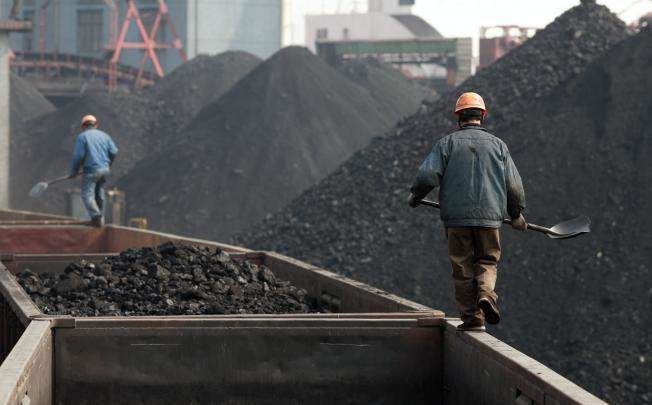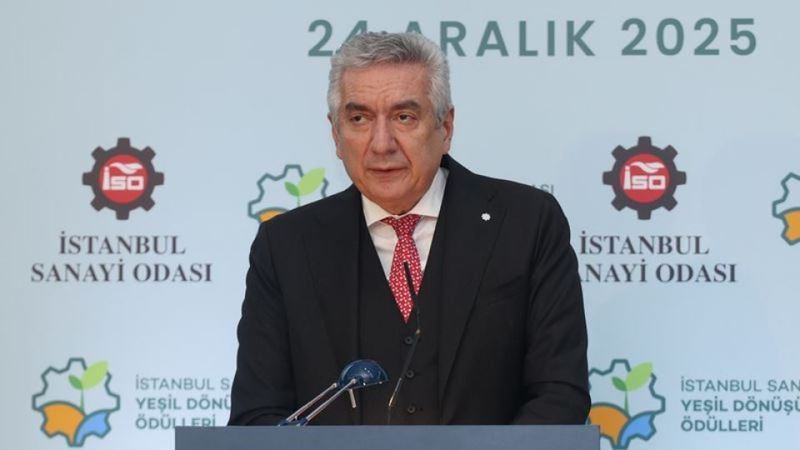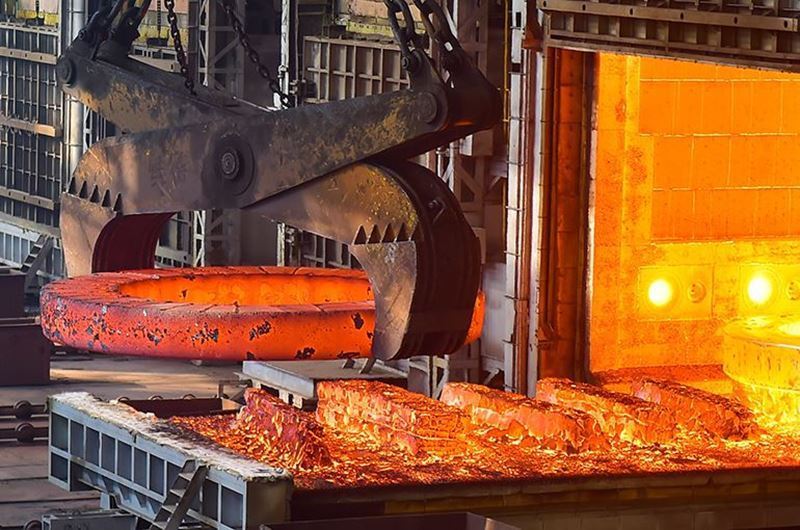Despite these factors, including projections of increased domestic energy consumption, reduced demand for seaborne coal, and a rise in nickel production, it is improbable that Indonesian exports will be restricted.
Indonesia's booming nickel production is emerging as a key factor shaping coal demand. By integrating coal into nickel production processes, the symbiotic relationship between these industries further increases Indonesia's coal exports. Demand from nickel smelters continues to grow, creating a steady flow of consumption that supports Indonesia's export capacity.
Additionally, Indonesia's electricity demand is expected to increase with the start of new steam power plant projects, according to the country's energy ministry, or ESDM. In December 2023, ESDM auctioned four new coal mine blocks, two in Kalimantan and two in Sumatra.
The International Energy Agency's 2024-2026 electricity analysis and forecast expected Indonesia's coal-fired generation to increase by around 5% during this period and maintain its stable share in the electricity generation mix. All put together, the IEA predicts Indonesia's domestic demand will reach 284 million metric tons by 2026, up from less than 200 million metric tons in 2024.
Industry sources state that, considering the average annual decrease in global coal consumption, countries such as Australia with an export capacity of approximately 200 million mt, Russia with a capacity of 150 million-170 million mt, and South Africa with a capacity of 50 million-70 million mt will not be affected by this. However, this will still keep Indonesia at the top.
Indonesia is the sole exporter of low CV thermal coal with low ash and low sulfur content ranging from 3,400 kcal/kg GAR to 4,200 kcal/kg GAR, making it a preferred option for importers in Asia. In particular, China and India, the world's largest coal importers, remain dependent on coal due to limited renewable and gas-based energy growth. With long-term net zero targets set for 2060 and 2070 respectively, both countries continue to prioritize coal consumption, further cementing Indonesia's position as the supplier of choice.
According to S&P Global Commodity Insights data, the 2023 average of FOB Kalimantan 4,200 kcal/kg GAR evaluated by Platts was at $63.05/mt.









Comments
No comment yet.